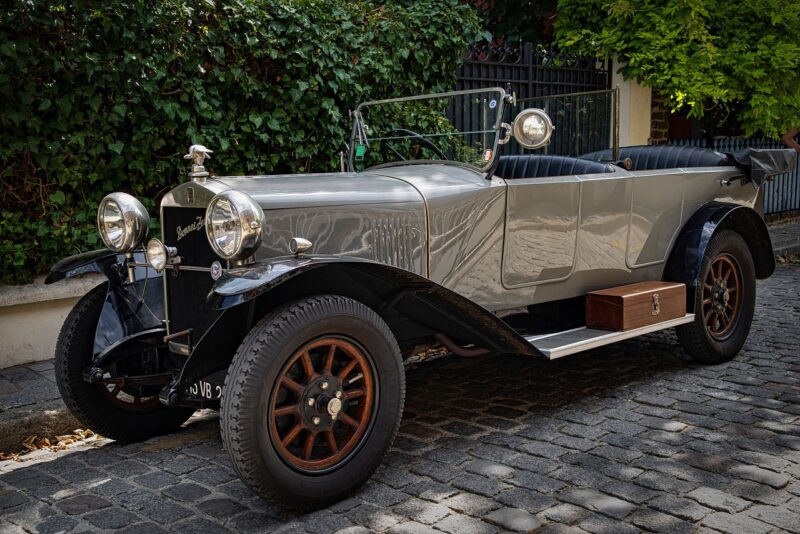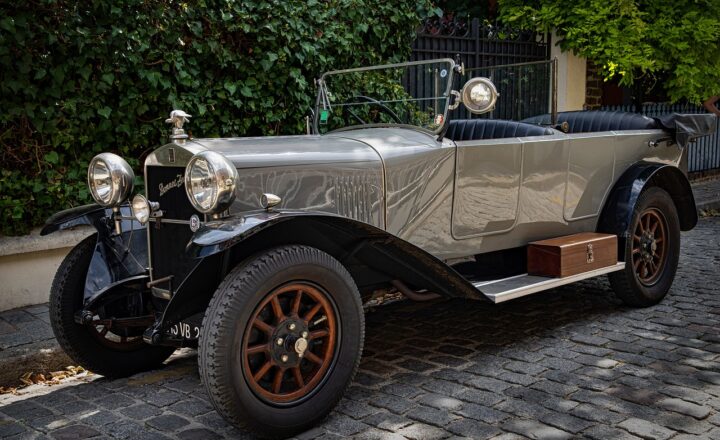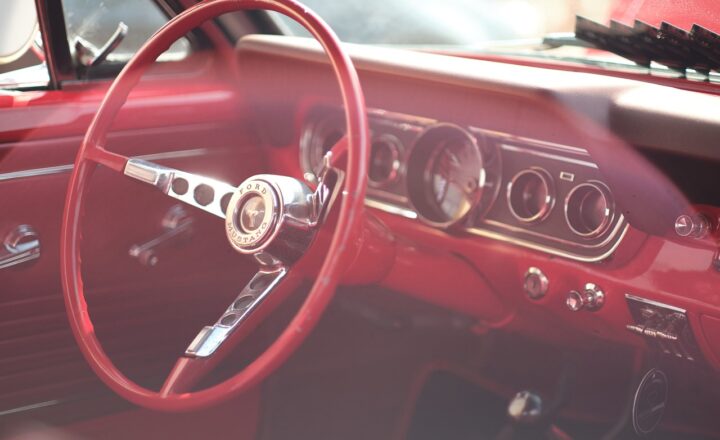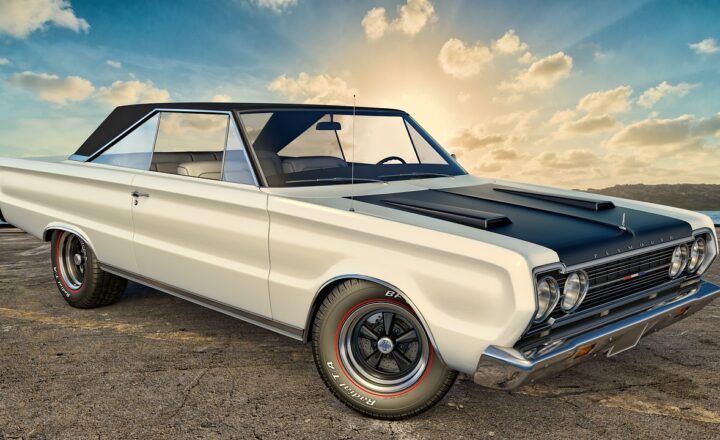
The world of collectible cars is an exciting and enthralling domain that captivates the imagination of car enthusiasts, collectors, and investors alike. Whether it’s a classic muscle car from the golden age of American automotive design or a rare European sports car, understanding how to identify valuable collectible cars can make a significant difference in your collecting journey. In this guide, we will delve into the key aspects that make a car collectible and valuable, providing you with the knowledge needed to spot diamonds in the rough.
1. Understanding Collectible Cars
Collectible cars are often defined by their rarity, historical significance, and the demand among collectors. They may include a wide range of vehicles, from vintage classics to modern supercars. Factors such as brand reputation, production numbers, and unique features can drive a car’s value up dramatically.
Some categories of collectible cars include:
- Classic Cars: Vehicles produced from the 1920s to the 1980s that exemplify a unique automotive era, such as the Ford Model T or the Chevrolet Corvette.
- Muscle Cars: High-performance vehicles typically made in the 1960s and 1970s, such as the Ford Mustang and the Pontiac GTO.
- Exotic Cars: Limited production luxury sports cars like Ferraris and Lamborghinis, often desired for their performance and design.
- Antique Cars: Cars older than 100 years, valued for their historical significance and craftsmanship.
In the age of the internet, the accessibility of automobile history has also led to increases in collectible car value due to informed collectors and investors.
2. Factors That Determine a Car’s Value
Several key considerations come into play when determining a car’s value:
a. Rarity and Availability
The fewer the cars produced, the more valuable they are likely to be. Limited edition models or cars with unique specifications often command higher prices.
b. Historical Significance
Cars associated with significant historical events, such as a famous race or a renowned owner, can be deemed more valuable.
c. Condition and Restoration
A car’s condition can greatly impact its value. Original parts and restoration history add to the allure, and cars that have been well-maintained or professionally restored often bring in higher prices.
d. Documentation
Having documented history, including service records, ownership history, and any relevant paperwork, can significantly enhance a car’s value. The more information you have, the more confidence prospective buyers will have in the purchase.
3. Identifying Key Features
When evaluating a potential collectible car, pay close attention to the following features:
a. Engine and Performance
For muscle and performance cars, the engine type, horsepower, and any special performance modifications play a crucial role in determining value. Original engines are often more desirable.
b. Production Numbers
Research the production numbers for the model you’re interested in. A car with a production run of fewer than 1,000 units will generally be more valuable than a car with thousands produced.
c. Design Elements
Certain design aspects can significantly increase a car’s appeal. This includes unique paint colors, special trims, or significant design changes made in particular production years.
4. Tips for Finding Collectible Cars
Finding valuable collectible cars involves some research and an eye for detail. Here are some practical tips:
a. Attend Car Shows and Auctions
Car shows and auctions provide great opportunities to see numerous collectible cars and network with other enthusiasts. Often, owners and dealers share valuable insights about their cars.
b. Join Automotive Forums and Groups
Online automotive forums and local car clubs are excellent places to get advice, share knowledge, and discover leads on collectible cars for sale.
c. Utilize Online Marketplaces
Websites dedicated to collectible cars often provide a wealth of listings. Sites such as Hemmings, Bring a Trailer, and even eBay Motors can be excellent resources for finding cars.
5. Conducting Thorough Research
Before making a purchase, it’s vital to conduct thorough research on the model you’re considering:
a. History and Reputation
Investigate the history of the car model, including its reputation for reliability and performance. Consult collector price guides, auction results, and valuation databases.
b. Previous Ownerships
Understand the ownership history and how many previous owners the car has had. Fewer owners can suggest better maintenance and care.
c. Inspection and Appraisal
Always have a thorough inspection before purchasing. Consulting with a professional appraiser can help you identify potential issues that may affect the value.
6. Final Thoughts
Investing in collectible cars can not only be rewarding financially, but it also offers the thrill of owning a piece of history. By understanding the various factors affecting value and knowing what to look for, you can build a valuable and enjoyable collection over time. Remember to invest your time in research, networking, and learning from others who share your passion for cars. With diligence and dedication, you can turn your interest in collectible cars into a successful and fulfilling venture.
Collating these insights can turn a car enthusiast into a discerning collector, ensuring they not only enjoy the automobiles of their dreams but may also see their investments multiply in value as time goes on. Happy collecting!








